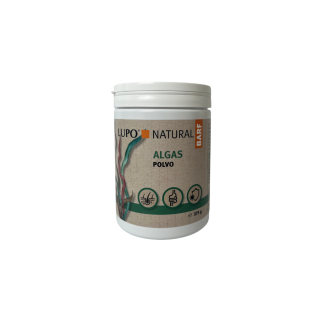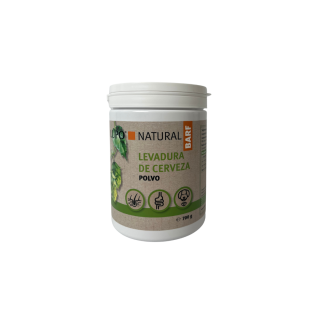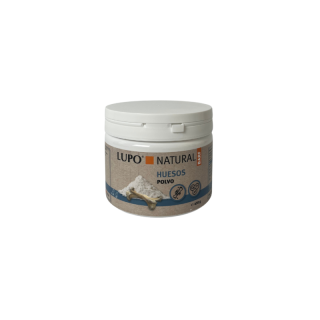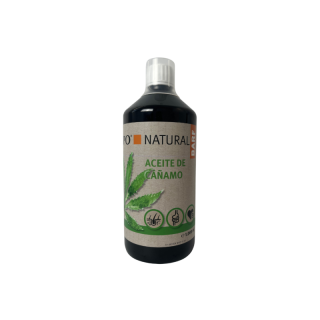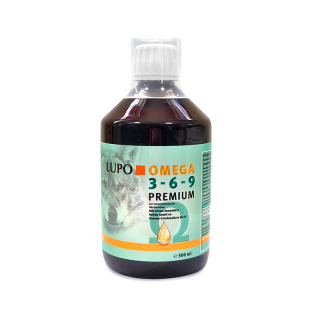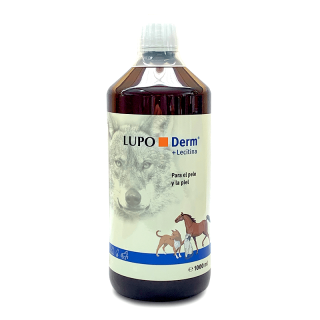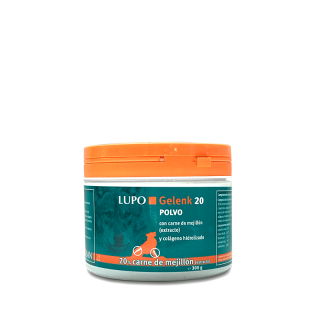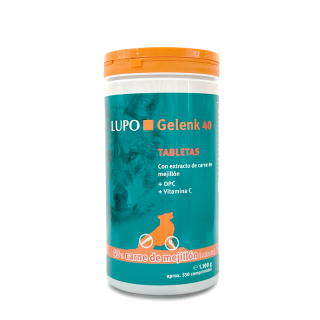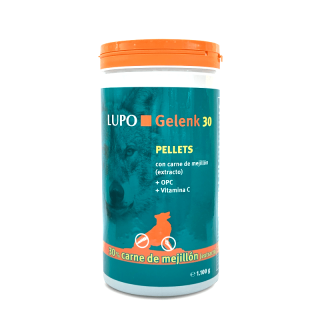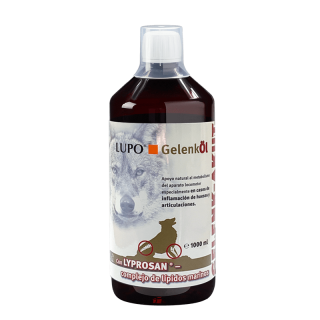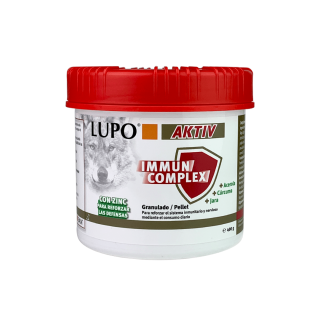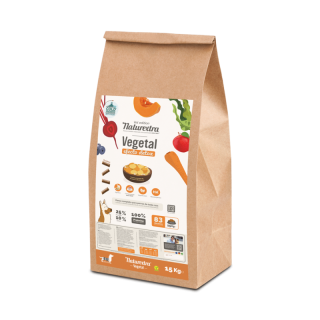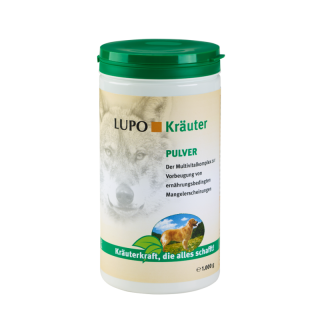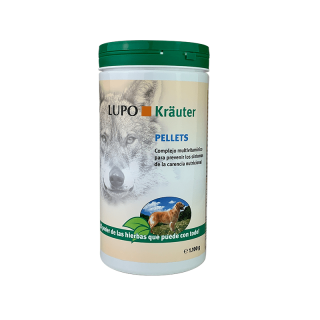BARF diet and BARF food for dogs
Buy supplements for barf diet
What is the BARF diet and what is BARF food?
The BARF diet, also known as BARF (Biologically Appropriate Raw Food), is a dietary approach for pets that has become increasingly popular in recent years. It is based on the premise that animals should eat a diet as close as possible to what their wild ancestors consumed in the wild. BARF Food consists mainly of raw and fresh foods and excludes processed ingredients and artificial additives. Below, we'll explore the BARF diet and how it can benefit our furry friends.
BARF Food is based on the idea that dogs are carnivores by nature and that their digestive systems are adapted to process and utilise the nutrients from a diet rich in raw meat. The BARF diet seeks to mimic the diet of wolves and wild cats, which hunt and consume whole prey, including meat, bones, organs and vegetation contained in the digestive tract of their prey.
Following the BARF diet, pet owners prepare and provide raw, nutritionally balanced food. This may include quality raw meat, meaty bones, organs such as liver and heart, and a variety of vegetables and fruits. BARF Food can be customised to the needs and preferences of each animal, taking into account factors such as age, weight, physical activity and health conditions.
One of the most outstanding advantages of the BARF diet is that it provides complete and natural nutrition for pets. Raw food retains its natural nutrients and digestive enzymes, which facilitates digestion and absorption of nutrients. In addition, BARF food can help to improve pets' dental health, as chewing on meaty bones helps to clean teeth and strengthen jaws.
What quantities and recommendations should I follow in the BARF diet?
To properly implement the BARF diet, it is essential to follow the recommendations of experts and veterinarians to ensure that your dog receives all the necessary nutrients. Generally, it is recommended that dogs are fed an amount of raw food equivalent to 2-3% of their body weight. For example, a 20kg dog should consume approximately 400-600 grams of BARF food per day, divided into one or two meals.
The typical ratio in a BARF diet includes 70% muscle meat, 10% meaty bones, 10% organs (such as liver and heart) and 10% vegetables and fruit. It is important to vary the sources of protein and vegetables to ensure a balanced diet. In addition, supplementation with oils rich in essential fatty acids, such as fish oil, is recommended to maintain coat and skin health.
It is crucial to consult a veterinarian or specialist nutritionist before starting the BARF diet, as each dog is unique and may have specific dietary needs. It is also essential to follow safe raw food handling practices to prevent bacterial contamination by thoroughly washing hands and utensils used to prepare your pet's food.
When is it advisable to follow a BARF diet for my dog?
The BARF diet may be recommended for dogs at various stages of life and in various health conditions. We suggest starting this diet for dogs with food allergies, chronic digestive problems, dull skin and coats, and those that do not respond well to processed commercial diets. It can also be beneficial for active and sporting dogs, providing them with a rich, natural source of essential nutrients.
However, before making any significant changes to your dog's diet, it is essential to consult a veterinarian to assess whether the BARF diet is suitable for his specific needs.


